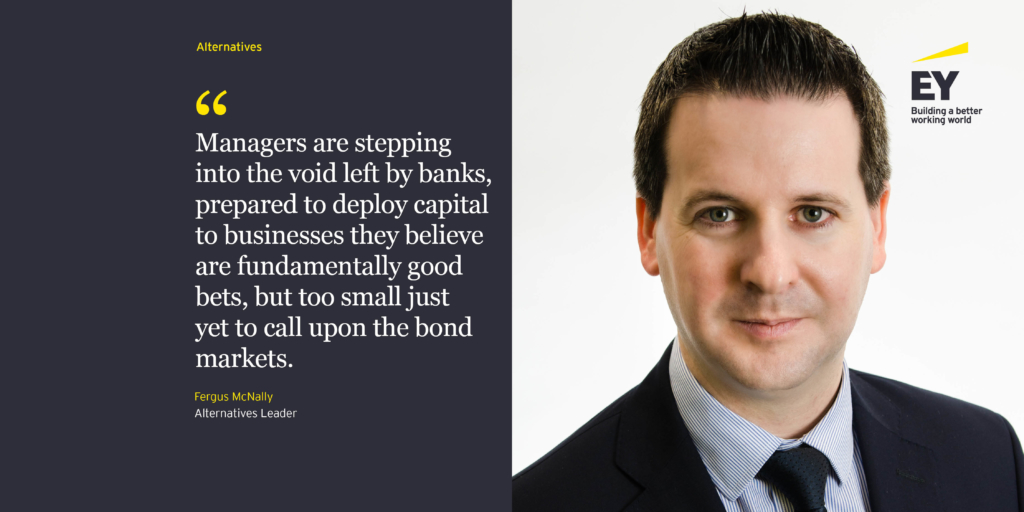Since the global financial crisis the asset management industry has witnessed a ‘barbell effect’, with passive assets on one side, alternatives on the other and active managers occupying the middle ground.
Advances in technology and communication speeds, along with sophisticated data analysis and data mining, have served to level the investment playing field and lessen the ‘edge’ that may have differentiated some managers in the past. In the years since the crisis, these changes, along with political and central bank interventions, have served to disrupt traditional market dynamics, resulting in the market often running contrary to careful fundamental investment analysis.
Investors have started preparing for the end of the current bull market and are looking to alternative investments to cushion some of the impact of reduced market return.
Post-crisis, alternative investment managers have changed beyond recognition and the industry continues to face challenges, including new regulations, downward fee pressure, and cyber-security concerns, to name but a few. Despite this, the evolving landscape for alternatives presents significant opportunities for growth, including the developing trends we’ll examine here: sustainable finance, private debt, and product customisation.

As demographics change and allocators look to invest for the future, they are more mindful of the priorities of younger generations. Younger investors want to know that the investments and pension contributions they are making benefit the real economy, helping to sustain and build a better world for them and for generations yet to come. As a result of this, momentum has been growing in Brussels to pass EU wide legislation to:
Such legislation is expected to require asset managers to report on the procedures they have in place to integrate ESG risks into their investment and advisory processes, and the extent to which these risks are expected to have an impact on financial returns.
In the long run, society stands to benefit significantly, with long-term investment pooling into large scale infrastructure fund products created to finance large scale infrastructure activities such as healthcare, renewable energy, social housing, water services, broadband, and roads.
The application of the ESG agenda across asset management is one where we expect to see significant demand in the near term. Such investment schemes will generally be closed-ended, longer-term and importantly from a diversification point of view have an ability to provide a constant long-term yield, not correlated with the market.
Tamed by the financial crisis and regulations such as CRD IV and Basel 3, traditional banks have spent much of the past ten years reinforcing their capital base and reducing their loan books. Retrenchment by the banks has left the real economy short, with both entrepreneurs and SMEs struggling to access capital.
For asset management, this has created an opportunity in alternative lending. Managers are stepping into the void left by banks, prepared to deploy capital to businesses they believe are fundamentally good bets, but too small just yet to call upon the bond markets. With global interest rates continually low, private debt funds can provide high single-digit yields, with added downside protection through security and/or collateral taken on loans provided.
Over the past five years, private debt has become an alternatives class of its own and in Ireland we have witnessed significant growth, with the CBI in Ireland being the first EU regulator to introduce a specific framework for loan originating funds.
A continuing trend across alternatives is investor demand for more customised solutions. The traditional ‘take it, or leave it’ fund offering approach is no longer sacrosanct, with asset managers increasingly open to more active partnerships with their clients and investors on products.
This together with managed account and/or ‘fund of one’ offerings from managers, demonstrates an increasing willingness for asset managers to tailor their services to their clients’ needs.
Whilst helping build assets under management, product customisation does generate other challenges such as increased operational complexity, leading to reduced operating margins.
Driven by market conditions and changing investor and societal preferences, the alternative investment landscape is rapidly evolving. As interest in alternative investment strategies continues to grow and managers broaden their product ranges, the pace of change will continue to accelerate, driving positive momentum across this asset class through 2020 and beyond.